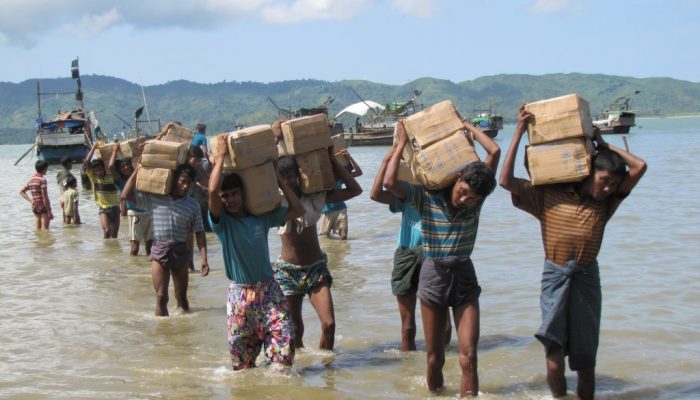Each month, Jesse Zondervan picks his favourite posts from geoscience and development blogs/news which cover the geology for global development interest. Here’s a round-up of Jesse’s selections for the last month: California seems to be overdue for earthquakes, meaning there has been a so-called earthquake ‘drought’ in the last century. Paleoseismic studies show that this hiatus is unprecedented i ...[Read More]
When are Californian earthquakes coming back with vengeance? How does climate-change-induced flooding increase inequality? Lessons from Cyclone Idai; that and more in Jesse Zondervan’s April 2019 #GfGDpicks #SciComm




